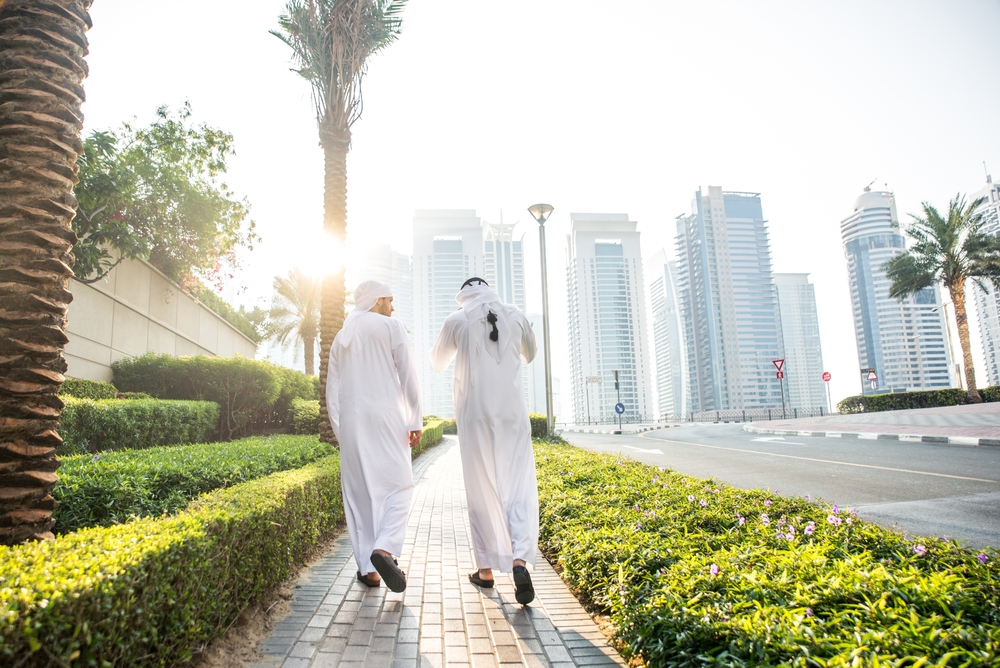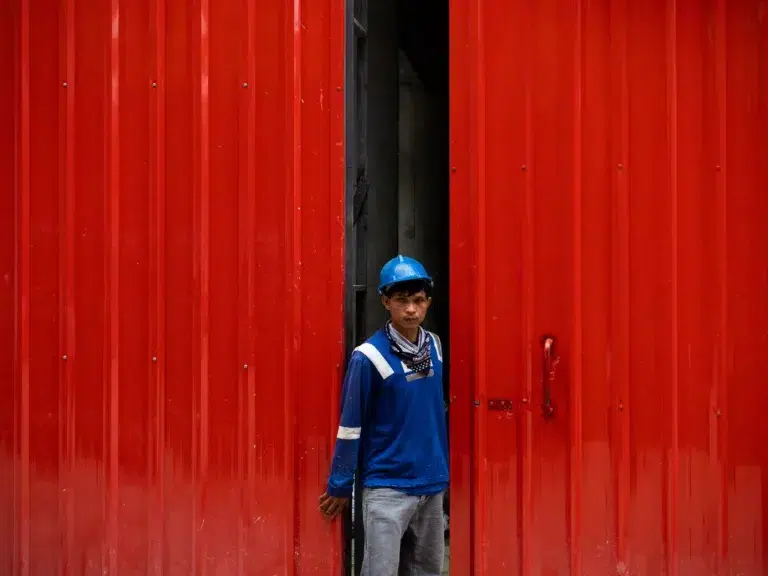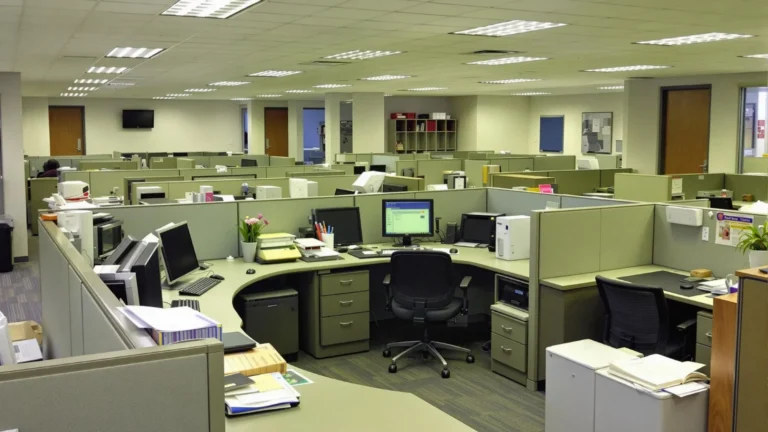Rethinking property growth through the Middle East lens
Global investors are watching as the region redefines modern development

Dubai’s real estate sector continues its upward trajectory in 2025, fuelled by investor confidence, rising yields, and demand for modern developments. As one of the world’s most attractive destinations for property investment, the emirate is leading the Middle East’s momentum into a new chapter of growth and innovation.
During the Asia Connect: Dubai launch of the PropertyGuru Asia Property Awards (Middle East), DAMAC Properties cited data from Property Monitor (April 2025) which revealed that the first quarter alone recorded over 42,000 transactions worth AED114 billion, marking a strong start following a solid 2024 performance. Apartments made up the bulk of sales, followed by townhouses and villas, with the latter commanding an average price of over AED11 million.
The appeal is not unfounded. Dubai’s average rental yields stand at 6.9 percent, outpacing global cities such as London, New York, and Hong Kong. Property prices rose 16.5 percent year-on-year, while the absence of capital gains and annual property tax, alongside full foreign ownership, has placed the city firmly in the global investor spotlight, as outlined in the CBRE Dubai Residential Market Report Autumn 2024.
Shifting demand and new-age preferences
Nationality Insights by DAMAC show growing interest from Indian, British, Russian, and Chinese investors in 2024. In Q1 2025, the trend continues, buoyed by the influx of over 6,700 millionaires expected to migrate to the UAE, according to Henley & Partners.
Buyers increasingly favour modern architecture and amenities, a trend met by the limited yet high-quality supply from reputable developers. Developments such as DAMAC Lagoons, Shoreline, and Riverside reflect the shift towards integrated communities, lifestyle offerings, and long-term investment potential.
Saudi Arabia and the rise of mixed-use innovation
Beyond the UAE, regional markets like Saudi Arabia are gaining ground, propelled by Vision 2030 and robust development frameworks. As developers expand their reach and integrate retail, office, and residential components, mixed-use projects are becoming key investment opportunities.
One such example is The North Yard by Oud Real-Estate Development Company, which was recognised for Best Retail Office Development and Best Retail Office Interior Design (KSA) at the 2024 PropertyGuru Asia Property Awards (Middle East). Oud Real-Estate Development Company also won the Best Mixed Use Developer (KSA) title, affirming their leadership in creating dynamic, future-ready urban environments.
These accolades were part of the wider 19th PropertyGuru Asia Property Awards Grand Final 2024, where regional winners from across 15 markets, including Australia, Mainland China, and India, competed for continental recognition.
What makes Dubai and the wider Middle East so appealing?
It is not just about luxury or yields. Dubai offers a compelling value proposition through visa incentives tied to real estate and long-term residency perks. According to The Times of India, foreign property investors can now qualify instantly for a 10‑year UAE Golden Visa with a AED2 million property purchase. The UAE’s Golden Visa program extends five or 10-year residency to qualifying real estate investors—starting from AED2 million—enabling them to live, work, study, and sponsor family. This, paired with no personal income tax and robust infrastructure, positions Dubai as a low-barrier, high-benefit alternative to other global cities.
Meanwhile, Saudi Arabia is rapidly cementing its place in global real estate. Under Vision 2030, the kingdom has fostered significant reforms and private-sector growth, fueling diverse real estate projects. Middle East Briefing reported its real estate market is expected to reach USD2.31 trillion by 2025—driven by reforms, urbanisation, and surging FDI. The growth of mixed-use developments is striking: Tanmeya Capital explained that Vision 2030 is a “dramatic transformation” featuring residential, commercial, cultural, and leisure spaces within centralised developments—offering sustainability, efficiency, and economic diversity.
This article was originally published on asiapropertyawards.com. Write to our editors at [email protected].
Recommended
ARES Whitepaper Volume 4: Powering communities – The catalysts of urban evolution
Fresh perspectives on sustainability, lifestyle, and design shaping the future of real estate
ARES White Paper Volume 3: The era of adaptive reinvention
Pioneering sustainable and innovative practices in urban development
ARES White Paper Volume 2: Unravelling the power of data revolution in real estate
Insights on proptech, smart cities, and sustainable development
ARES Digital White Paper Volume 1: The fundamentals of responsible building
Green and climate heroes join forces to discuss how Asia Pacific can weather the current environmental crises and the looming effects of climate change







